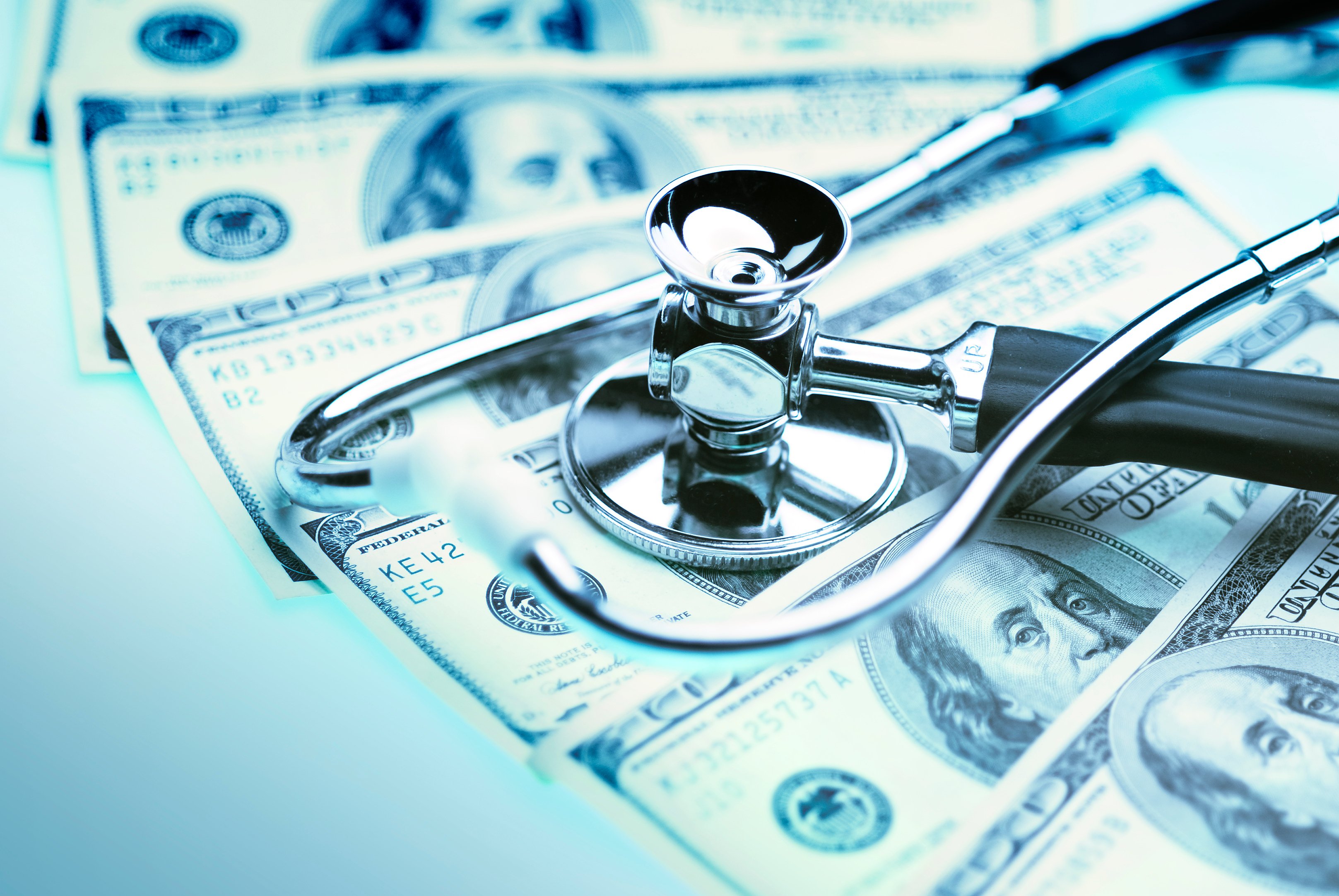While the market is full of varying perspectives from many different investors, the "smart money" is still held in high regard. By smart money, I mean professional investors, many of whom run their own funds, have decades of investment experience, and can show long-term returns to back it up.
Just like the market, the pros rarely agree on individual stocks. That's why when you do see a group of elite hedge funds and billionaires piling into a stock, it could be a strong indicator.
UnitedHealth Group (UNH +2.18%) has seen its stock get crushed this year, for myriad reasons. But while it continued to sell off intensely in the second quarter of the year, some of Wall Street's most prominent hedge funds and billionaires began piling into the name. They clearly think they have found an asymmetric opportunity, meaning they view the stock at a level where the potential upside far exceeds potential downside.
Buffett and other billionaires are in
UnitedHealth got a big jolt recently after Warren Buffett's Berkshire Hathaway disclosed that it held a position worth over $1.5 billion at the end of the second quarter. Buffett and his team are value investors at their core, seeking out undervalued stocks that can pay off over a longer time frame. But it wasn't just Buffett who got in; a whole group of hedge fund investors bought shares as well.

Image source: Getty Images.
Appaloosa Management, run by the billionaire investor David Tepper, increased its stake by 1,300%, from 175,000 shares in the first quarter to 2.45 million in the second quarter. The position is valued at over $764 million.
Scion Asset Management, run by Michael Burry, who was featured in the film The Big Short, bought $12 million of the stock in the second quarter, as well as 350,000 long call options. Call options are contracts that give the investor the right (but not the obligation) to purchase a stock at a specific price before or by a certain date. Each call option is worth 100 shares and if the market price of a stock exceeds what's referred to as the strike price of a call option before or by a certain date, the investor will make money. Buying call options is a bet on a stock price rising and therefore a sign of optimism.
Lone Pine Capital, run by the billionaire Stephen Mandel Jr., purchased over 1.69 million shares.
Renaissance Technologies, run by Peter Brown, bought roughly 1.35 million shares.
While funds were definitely selling UnitedHealth as well in the second quarter, it's not every day you see funds led by some of the most successful and storied investors on Wall Street all buy shares in the same quarter.
Near-term challenges may be overshadowing the core business
UnitedHealth has certainly faced challenges this year. Medical costs have come in billions of dollars higher than expected, as sectorwide trends including expensive healthcare, higher utilization, pricey subscription drugs, and an aging population all created strong headwinds.
This is expected to significantly depress the company's earnings this year. Management is guiding for "at least $16" of adjusted earnings per share (EPS), down from about $27.66 last year.
And the U.S. Department of Justice (DOJ) is investigating UnitedHealth in a potential criminal matter for its Medicare Advantage billing practices. Management seems confident that its billing practices are within the law and is cooperating with the DOJ. And the company has launched third-party reviews of its policies and procedures.

NYSE: UNH
Key Data Points
UnitedHealth is still the largest health insurer in the U.S. and therefore has pricing power. The company still seems to be on solid footing financially as well. Management's guidance for $16 adjusted EPS certainly could prove to be low.
While the company has a good amount of debt on its balance sheet, it also generates enough operating earnings and cash flow to manage the debt prudently. The company's dividend yield is about 2.9%, and the dividend payout seems easily manageable considering that UnitedHealth's trailing-12-month free cash flow yield is close to 9%.
There are certainly risks that could continue to hurt the business. U.S. medical trends seem to be getting worse every year, and they could continue to hit the sector and the company. More persistent inflation and the DOJ's investigation are other risks.
But a group of some of the most talented investors on Wall Street clearly seem to think those risks were baked into the stock price after the massive sell-off this year. UnitedHealth Group trades at about 19 times forward earnings estimates. That's below the average seen over the last two and a half years and is based on expected earnings that are significantly lower than normal, at least since 2022.
While professional investors controlling the "smart money" are very good at what they do, they are of course human and therefore make plenty of mistakes. Additionally, SEC filings don't always show the true nature of an investor's position, which is why investors shouldn't just follow the smart money blindly, and need to do their own due diligence.
That said, given UnitedHealth's balance sheet strength, position at the top of the insurance market, and the big sell-off, the risk-reward proposition on the stock is favorable.





